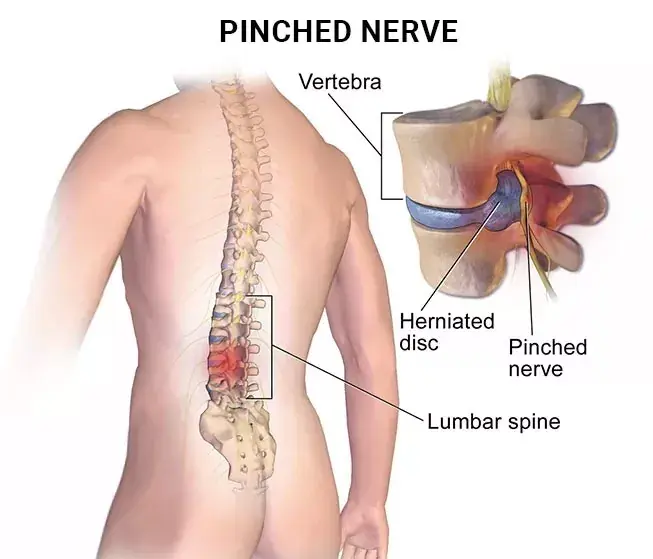SUNSHINE THERAPY
- Dr. Jill Evans

- May 20, 2025
- 4 min read

How Summer Rays Benefit Your Body & Mind
"Vitamin D is not just a vitamin—it's a hormone that affects nearly every system in your body."— Dr. Michael Holick, Vitamin D researcher
THE SUNSHINE VITAMIN
Despite its name, vitamin D isn't actually a vitamin at all—it's a hormone your body produces when your skin is exposed to sunlight. While small amounts are found in foods like fatty fish and egg yolks, most of us get the majority of our vitamin D through sun exposure. During summer months, your body can produce significantly more vitamin D compared to winter, especially if you live in northern regions. Just 10-15 minutes of midday sun exposure to your arms and legs a few times per week can make a tremendous difference in your overall health.
HOW VITAMIN D TRANSFORMS YOUR HEALTH
BUILDING STRONGER BONES
Vitamin D serves as a crucial key that unlocks your body's ability to absorb calcium and phosphorus from your diet. Without sufficient vitamin D, even calcium-rich diets can't prevent bone loss over time. The vitamin works by enhancing mineral absorption in your intestines and helping to regulate the amount of calcium in your bloodstream and bones. This relationship between skeletal health and spinal alignment makes vitamin D particularly important for maintaining the results of your chiropractic adjustments. Long-term benefits include reduced risk of osteoporosis and fractures as you age, especially important for women after menopause when bone density naturally declines.
BOOSTING YOUR IMMUNE SYSTEM
Your immune system relies on vitamin D to function optimally. This essential nutrient activates your immune defenses at the cellular level, helping your body recognize and fight off pathogens more effectively. Research consistently shows that people with optimal vitamin D levels experience fewer respiratory infections and recover more quickly when they do get sick. The summer months aren't just for building your vitamin D reserves—they're for strengthening your immune system before cold and flu season returns. This immune-supporting function makes vitamin D a year-round ally in maintaining your health.
ENHANCING MOOD AND MENTAL HEALTH
The connection between sunshine and happiness isn't just poetic—it's biological. Vitamin D influences the production of serotonin, your "feel-good" neurotransmitter that regulates mood, sleep, and appetite. This helps explain why adequate vitamin D levels are associated with improved mood stability and reduced symptoms of depression. Scientific evidence consistently links low vitamin D levels to increased rates of depression and seasonal affective disorder, particularly during winter months when sun exposure diminishes. That uplifted feeling you get from a sunny day isn't just psychological—it's a biological response to increased vitamin D production, creating a positive feedback loop between your physical and mental wellbeing.
REDUCING INFLAMMATION THROUGHOUT THE BODY
Inflammation serves as a common denominator in many chronic health conditions, from arthritis to cardiovascular disease. Vitamin D helps regulate your body's inflammatory processes, potentially reducing chronic pain associated with inflammation. This anti-inflammatory effect supports tissue health throughout your entire body, creating an environment more conducive to healing and optimal function. From a chiropractic perspective, when we address spinal misalignments, reduced inflammation can enhance healing between adjustments and improve your overall comfort. This makes vitamin D an important part of comprehensive care for musculoskeletal health.
SUPPORTING MUSCLE FUNCTION AND PERFORMANCE
Proper muscle function depends on adequate vitamin D levels. This nutrient is essential for muscle contraction, neuromuscular coordination, and overall strength. Without sufficient vitamin D, muscles can become weak and movement less efficient. The vitamin also supports muscle repair and regeneration after exercise or injury, making it valuable for active individuals and those recovering from physical setbacks. Optimal vitamin D levels may help you maintain better posture throughout the day and respond more effectively to both exercise and therapeutic interventions. This creates a virtuous cycle where improved posture reduces strain on your spine, and reduced strain supports better alignment.
DIETARY SOURCES AND SUPPLEMENTATION
When sun exposure isn't enough or isn't possible, dietary sources and supplements can help maintain healthy vitamin D levels. Dietary champions include fatty fish like salmon, mackerel, and sardines, which provide both vitamin D and beneficial omega-3 fatty acids. Egg yolks from pasture-raised chickens contain significantly more vitamin D than conventional eggs. Mushrooms exposed to UV light can develop substantial vitamin D content.
For supplementation, vitamin D3 (cholecalciferol) is more effective than D2 (ergocalciferol) at raising blood levels of vitamin D. Being fat-soluble, vitamin D supplements are best absorbed when taken with meals containing healthy fats. Dosage needs vary considerably based on current levels, age, skin tone, and geographic location. A blood test measuring 25-hydroxyvitamin D can determine your current status, with optimal ranges typically between 50-80 ng/mL. Testing at the end of winter can help identify if your summer stores were sufficient to carry you through the darker months.
This article is for informational purposes only and does not constitute medical advice. Always consult with qualified healthcare providers for your specific health concerns.






Comments